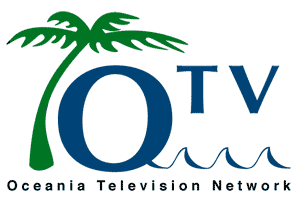By Nikita Espangel
Out of 177 countries, website like this the Index of Economic Freedom, viagra 100mg published by the Wall Street Journal and the Heritage Foundation, has placed the Federated States of Micronesia at 143 according to its 2012 ranking of countries.
The Heritage Foundation, a Washington based think tank, partners with the Wall Street Journal to publish the index’s ranking of countries. According to the Heritage Foundation’s website, the index brings to life Adam Smith’s theory’s on liberty, prosperity, and economic freedom in his influential work The Wealth of Nations published in 1776.
The Heritage Foundation points out that “in an economically free society, individuals are free to work, produce, consume, and invest in any way they please, with that freedom both protected by the state and unconstrained by the state.”
The journal has 10 benchmarks they use to rate a country which are grouped accordingly: Rule of Law (property rights, freedom from corruption); Limited Government (fiscal freedom, government spending); Regulatory Efficiency (business freedom, labor freedom, monetary freedom); and Open Markets (trade freedom, investment freedom, financial freedom).
The President of the Federated States of Micronesia, Emmanuel Mori, in his address to FSM’s sixth Congressional session earlier this month, noted the need to look into the index’s citations, possibly concerned in the accuracy of the statistics used.
The index uses data compiled by the World Bank, the World Trade Organization, the Economist Intelligence Unit, and any official government publications of each country.
The Federated States of Micronesia is not the only country concerned with the validity of the Index’s rankings.
The United Arab Emirates has questioned the Index’s validity in citing the country’s rankings as quite low in Transparency International’s Corruption Perceptions Index and high in Fitch and Mood’s Credit Ratings by country.
The Index is used by U.S. government foreign aid programs, such as the Millenium Challenge Account, to determine which countries get aid and what amount. Despite the index’s use, however, some economists have expressed concerns over the rankings’ validity. One such critic, Jeffrey Sachs, dubbed by Time’s Magazine as the “world’s best known economist” contests the Index’s assumption that economic openness necessarily leads to better growth for a country. Sachs graphed the county’s rankings on the index against GDP per capita growth between 1995 to 2003 and found no correlation between the index’s rankings on a country and their rate of economic growth.
President Mori also noted that a look into the rankings’ citations could also be used to try and assess what the country can work on not so much to improve the country’s rankings, but to look at what the country can do to improve its own economic growth in general.
